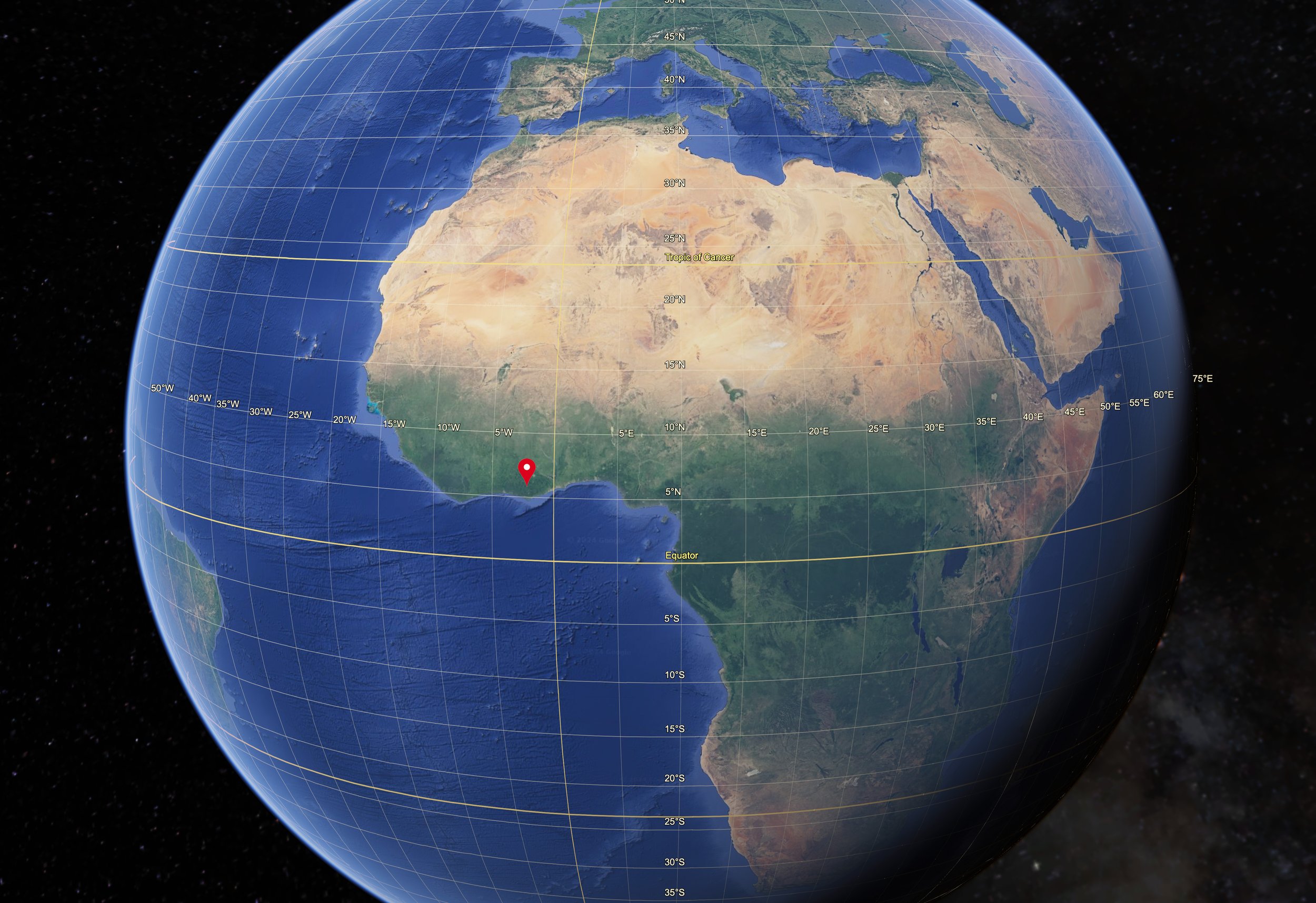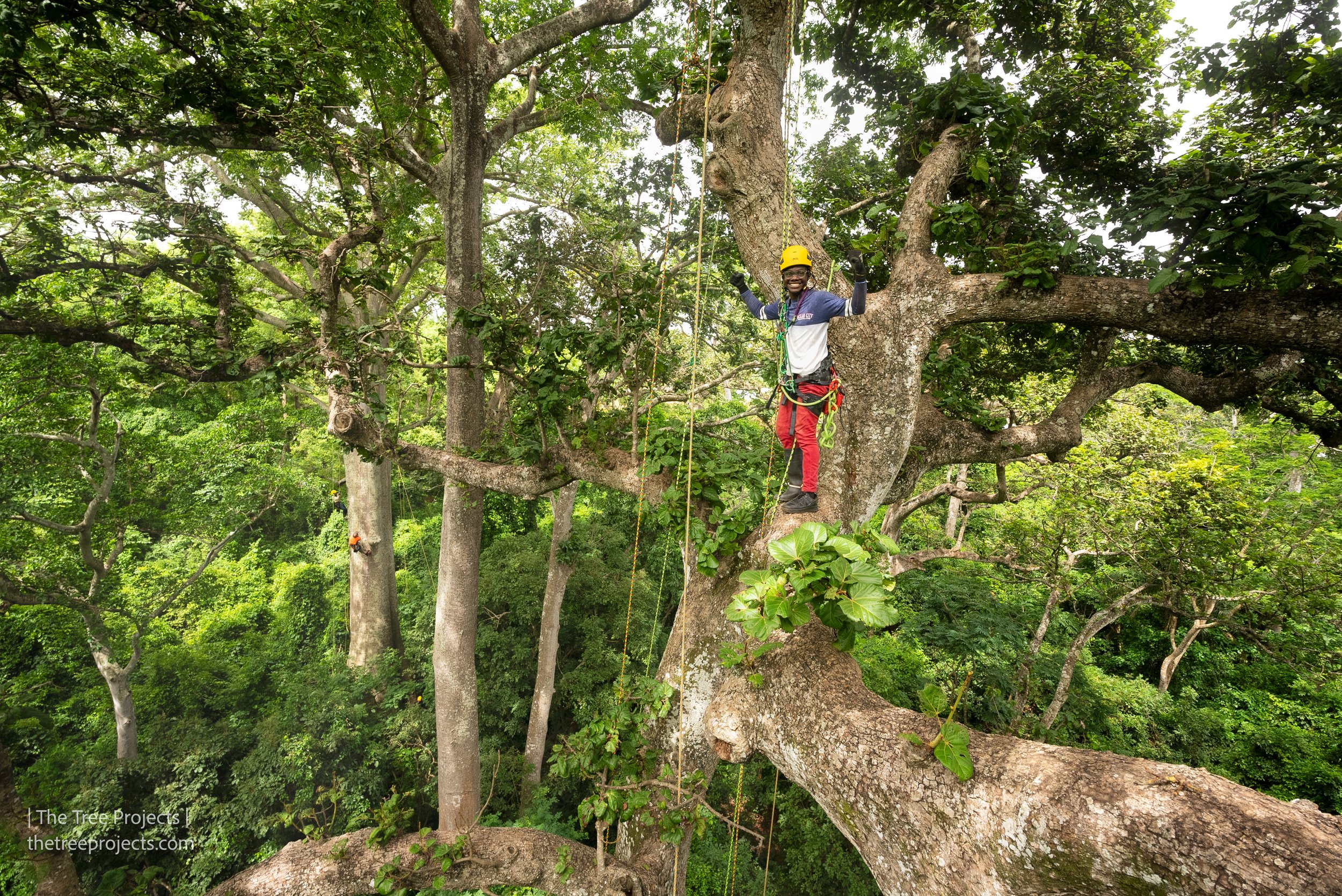
Announcing our 2025 return to Ghana
“This is actually a dream turned into reality”.
Anthony Owusu Achiaw, MPhil Student
CLOSING THE CANOPY RESEARCH GAP IN WEST AFRICA
Over 9 intense days in May 2024 we trained local scientists how to climb trees using modern arboricultural techniques so they can conduct new research in understudied forests.
Following on from the absolute success of this training we are returning in April 2025, but this time we are scaling up the training and we are raising money to purchase scientific devices.
A UNIQUE FUNDING OPPORTUNITY
Your donations will buy research equipment.
Your donation will go towards a unique list of research sensors, devices and recorders. These devices will enable the researchers to use modern robust equipment to quantify the canopy as never before in Ghana.
2 x Data Loggers $1600
Tinytag Plus 2 (TGP-4500) Temperature and humidity data loggers.
2 x TMS-4 dataloggers $400
Measure air and soil temperature as well as soil moisture.
1 x Acoustic Logger $300
Song Meter Micro 2 record birds, amphibians and arboreal/terrestrial mammals.
1 x Ultrasonic Logger $900
Song Metre Bat 2 record bats and other wildlife in the ultrasonic range.
1 x DJI Mini 4 Pro $1500
Survey tree tops and record imagery of flowers, leaves & animal interactions.
3 x Wildlife Cameras $500
Imagery of wildlife and plant characteristics also used to observe illegal poaching.
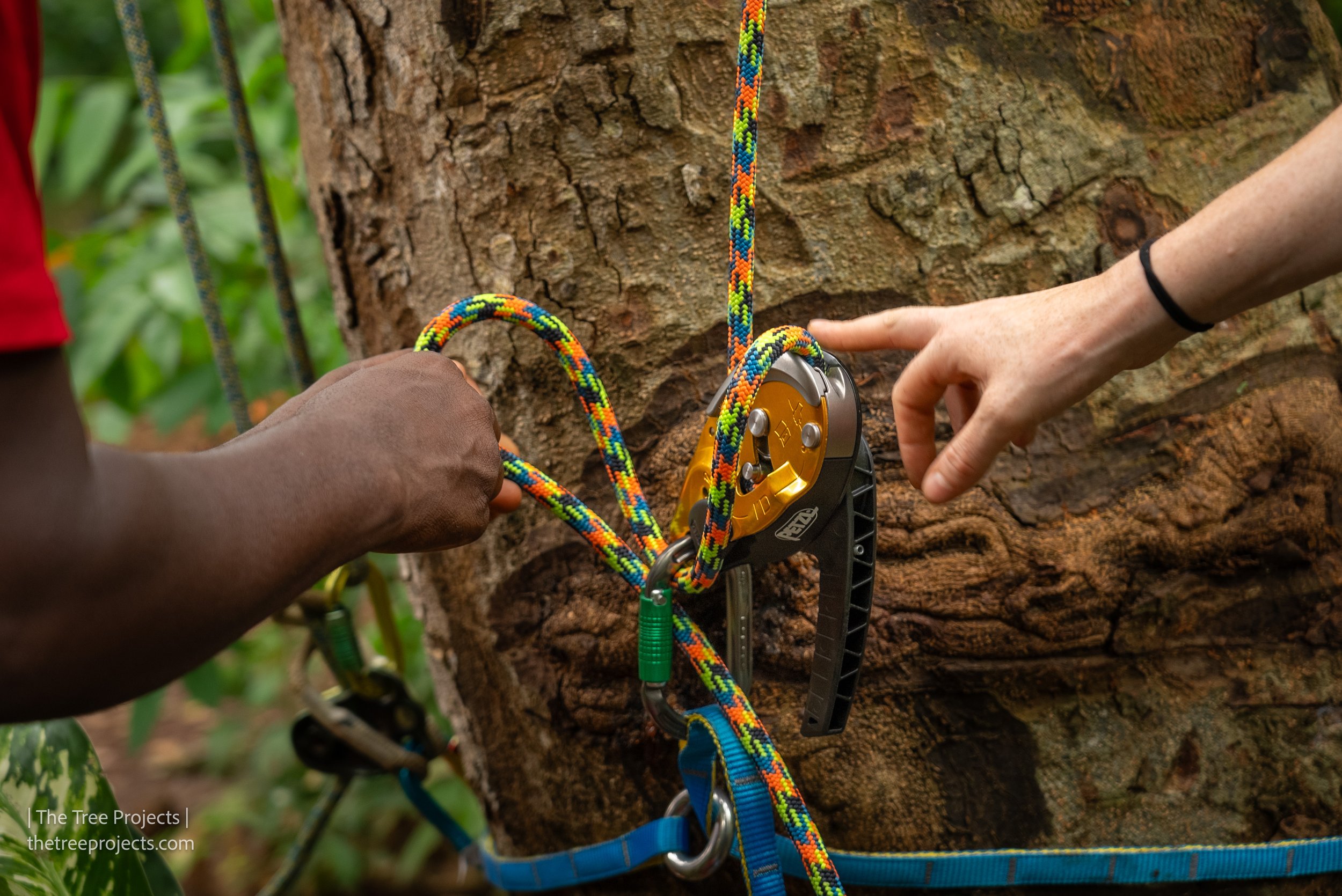
JUST ONE CARABINER
The price of one carabiner, about AUD $50, is equivalent to 28 days of full time work in Ghana.
This simple comparison sheds light on the vast economic inequalities that can limit motivated researchers. In 2024 our partners donated industry leading climbing equipment that is the equivalent of 32 years of wages.
Now that the researchers have the training and climbing equipment we can help them this year by purchasing research equipment that is equally out of reach for them.
PROJECT COORDINATOR
Bismark Ofosu-Bamfo,
Lecturer in Ecology & researching plant phenology, plant functional traits, community ecology.
I need tree climbing skills for plant phenology and plant animal interaction studies using camera traps. Also, to collect sun exposed leaves for plant functional trait studies, I will need climbing skills, especially making collections at branch tips.
I am excited about the world of opportunity in canopy ecology/canopy science research that our students would now have access to. On all grounds and at all levels, such a training would not have been possible without the generosity of equipment donors and course facilitators.
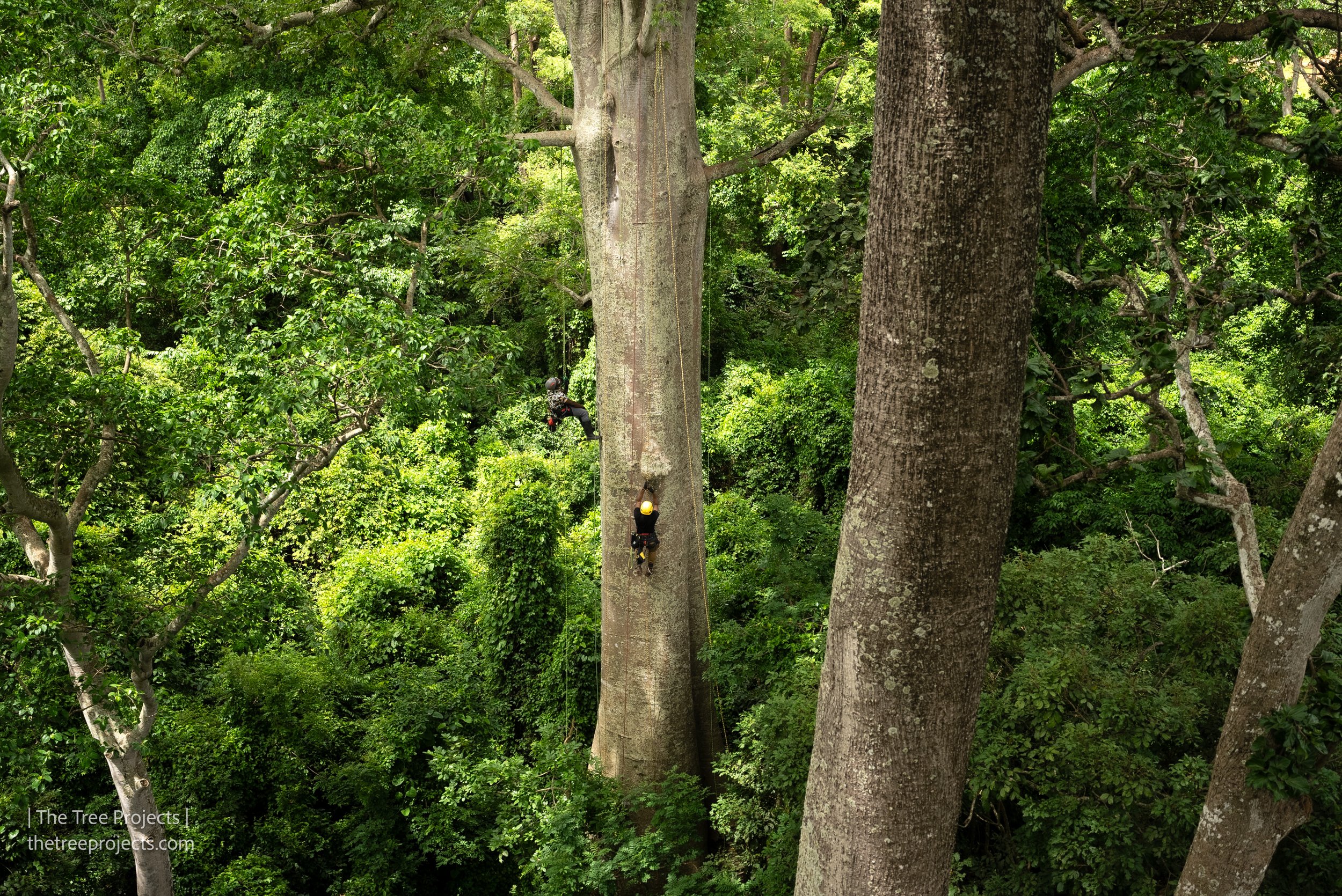
This year we have three training goals
WEEK ONE GOAL
Undertake a second stage of more advanced training with the 2024 cohort and, where required, assist with their experiments.
WEEK TWO GOAL
Train a second cohort of students to the same level of canopy access. Leverage the knowledge of previous students.
WEEK THREE GOAL
Train employees and volunteers of a local conservation group to install camera traps to combat illegal wildlife poaching.
2025 project sponsors
2024 EQUIPMENT PARTNERS
$19,233 of equipment donated to the university
EXTRAORDINARY SUCCESS
The abundant enthusiasm from all of the participants was the primary reason for this success. None of them were extreme athletes, had any rope work experience or any working at height experience. Naturally this presented us with quite a task to get them all comfortable, competent and confident in just 9 days of training.
We were just as inspired as the students and the team is returning in 2025. We will provide additional training to new students as well as assist the current with the implementation of their research projects.
Meet the 2024 students
-

Prince Yeboah Baah
MPhil Environmental Science Student & Research Assistant
-

Anita Aboah
MPhil Environmental Science Student & Teaching Assistant.
-

Dr. Francis Veriegh
Lecturer in Entomology studying vector biology & one health
-

Charles Agyakwa
Conservation Project Officer at A Rocha Ghana
-

Sherrif Idriss
MPhil Environmental Science Student & Teaching Assistant.
-

Amos Kojo Kum Abakah
MPhil Environmental Science Student & Teaching Assistant.
-

Daniel Yawson
Senior Laboratory Technician & wildlife Ecologist
-

Anthony Owusu Achiaw
MPhil Environmental Science Student & Research Assistant.
Meet the trainers
Sam Hardingham
EverydayArbor
Newcastle Australia
Sam is a part time teacher at Ryde TAFE NSW, delivering and assessing the practical units of the AQF Certificate 3 in Arboriculture. He is an active member of industry groups such as the Practicing Arborist Committee of Arboriculture Australia and the state-based group NSWarb has given Sam opportunities to contribute to industry progression.
Since 2005 Sam has worked all over the world and in 2019 he started Everydayarbor. Everydayarbor has worked with ecologists from University of Sydney, World Wildlife Fund, Science for Wildlife and Birdlife Australia. These projects have included iconic species like the Greater Gliders in Tallaganda National Park NSW, and Koalas in the Blue Mountains NSW.
Vicki Tough
Sylvana Alta
Tübingen Germany
As an arborist and tree climbing instructor Vicki founded Sylvana Alta to combine these professions and promote scientific exploration in forest canopies worldwide, believing that the greater understanding of its value will better protect it for the future. Having studied Zoology Vicki has organised, participated and led research expeditions for 20 years assisting and contributing to scientific studies worldwide. With a professional (possibly unhealthy) obsession with sleeping in trees Vicki co-founded Big Canopy Campout to share the importance of connecting people all over the world that are dedicated to fighting for the protection of native forests. She loves coffee and frogs, not together. She hates leeches, they are sneaky.
Steve Pearce
The Tree Projects / Big Tree State
Tasmania Australia
Steven Pearce is an award-winning photographer and filmmaker and is the creative director for The Tree Projects. Willing to push the boundaries and embrace the latest technologies, Steve is able to deliver content that is unique, beautiful and inspiring. As an avid tree climber and a passionate naturalist, he has spent over 10 years documenting trees and forests.
Steve has assisted over 500 people into the giant trees of Tasmania and runs the Tasmanian Recreational Tree Climbing Club. He has been actively engaged with the international arboricultural community and has travelled widely to assist with treetop research projects including USA, Taiwan, Panama and NZ
GHANA TREE CLIMBING TRAINING 2024
FROM RESEARCH GAP…
A research gap can be described in many ways. This gap is a geographical area that has not had the same level of academic attention as other regions with equalivent forest makeup. Geographical remoteness is often combined with economic ability as the two primary reasons why science and research can sometimes be deprioritised. When it comes to canopy science it is the availability and cost of expert training, physical difficulty of access and the cost of professional equipment that is fit for purpose.
…TO RESEARCH HUB
There are now a number of competent and confident tree climbing researchers living in West Africa as well as a library of professional equipment. This simple fact will start the slow but unstoppable process of those skills, knowledge and equipment being shared throughout the region.
The climb team and the university are already looking into research and project collaborations with other universities spread across West Africa.
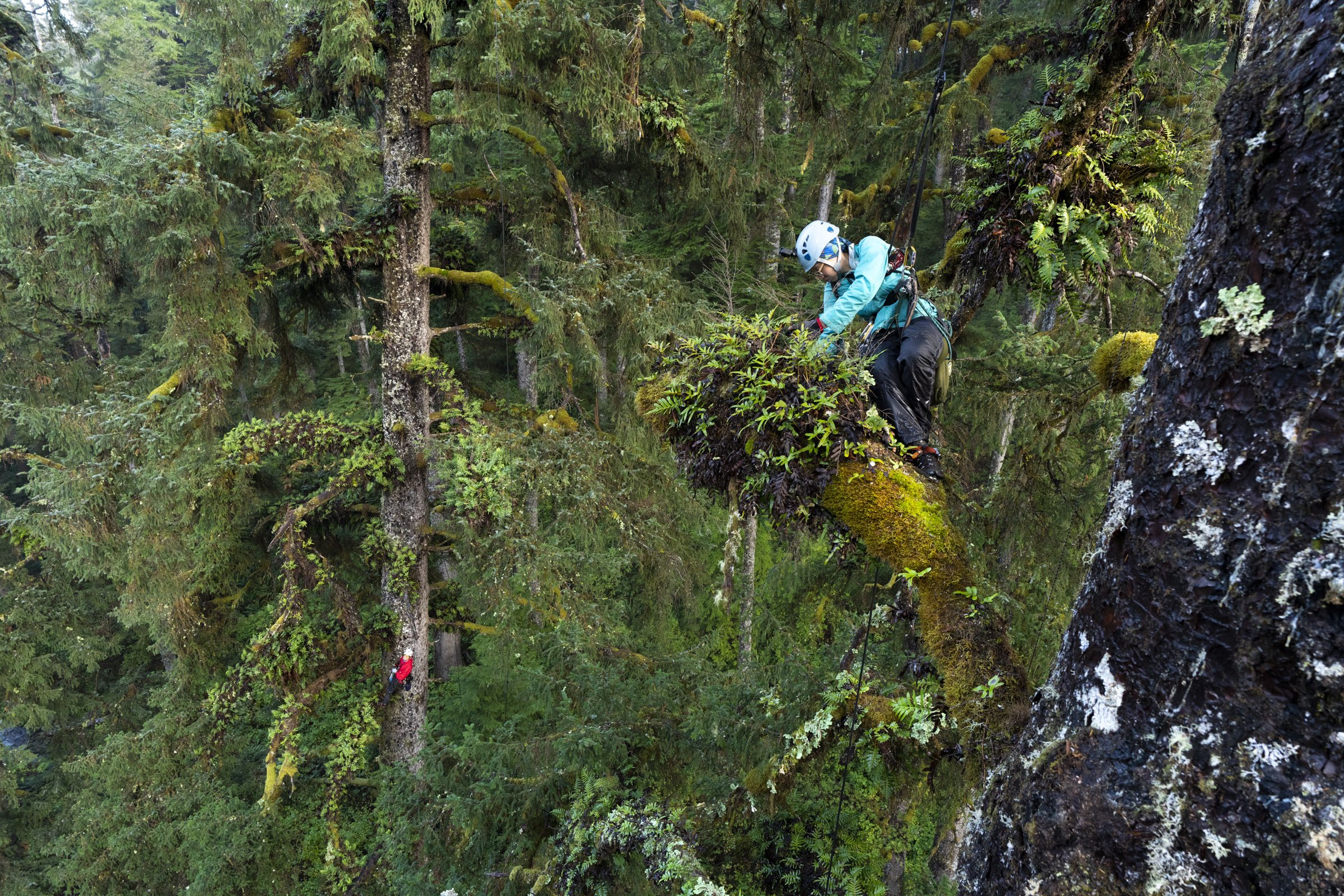
PREVIOUS RESEARCH
To date, previous canopy research has almost exclusively be carried out by western scientists. On completion of their projects they return home, taking with them the skills, know-how and equipment. This leaves local scientists in a situation where they were simply unable to independently continue with canopy research.
THIS PROJECT
We are designing this project to enable Ghanaian scientists to take a self-determined pathway forward into the areas of research previously unavailable to them. Four complete sets of tree climbing equipment has been donated to the university.
THE FUTURE
Even before the completion of this round of training in Ghana the team were already discussing a second round of training and research assistance. Its rare that the enthusiasm from both the students and instructors is matched so perfectly.
In October 2023, we attended the International Canopy Conference in China. Not a single presentation was delivered by West African scientists. This research gap was acknowledged by the group and we began working towards providing this training expedition.
Together with Dr. Kenneth Bentum Otabil, Head of the Department of Biological Sciences and Bismark Ofosu-Bamfo, Lecturer of Biological Sciences at the University of Energy and Natural Resources in Ghana we are choosing to solve this problem.
HOW IT BEGAN
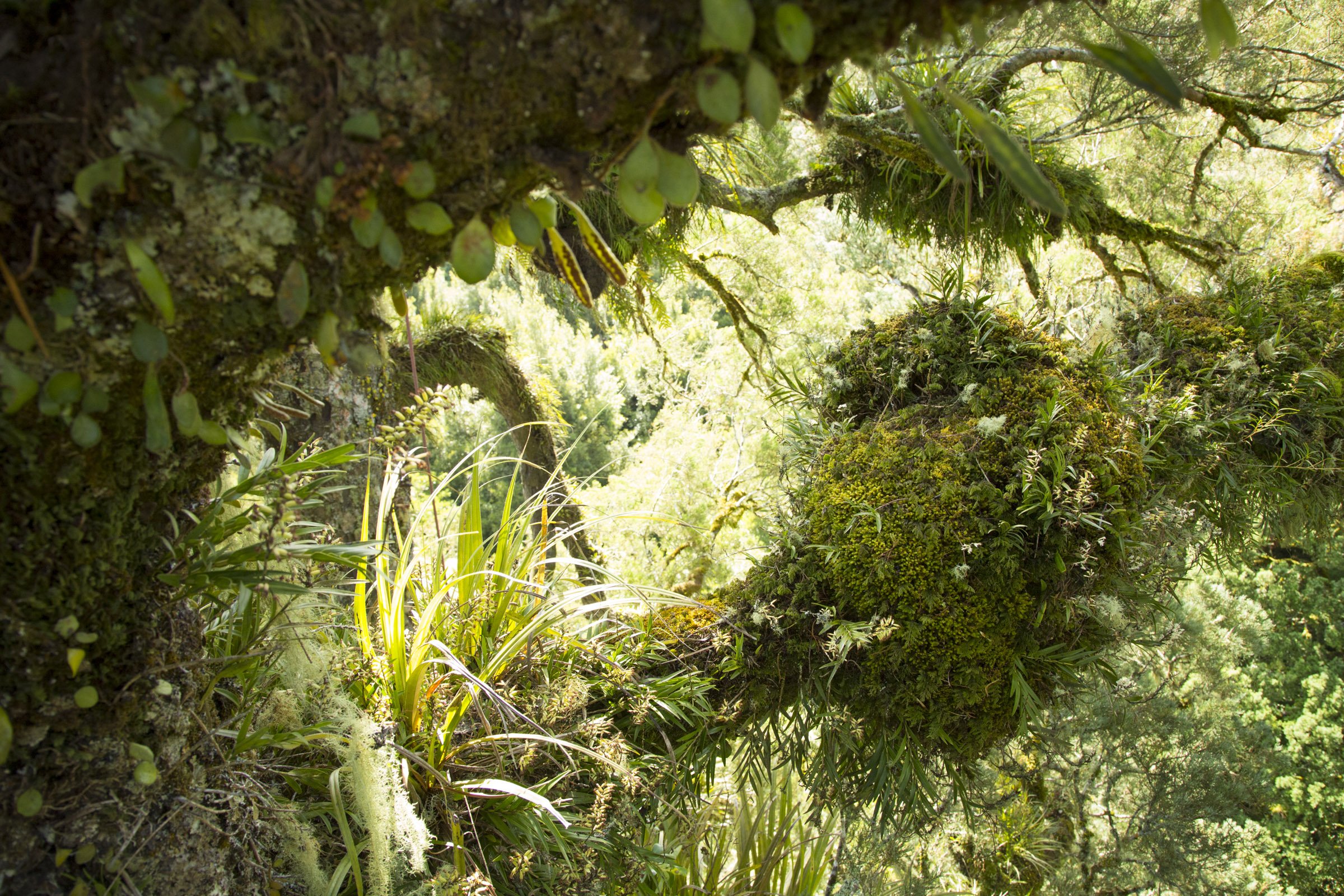
FIGHTING FOR EQUALITY IN THE CANOPY
Empowering Ghanian scientists to undertake research and develop conservation strategies
Ghana is a continuation of the second largest block of tropical rainforest found on earth
Ghana has some of the least studied forest canopies remaining on earth

























